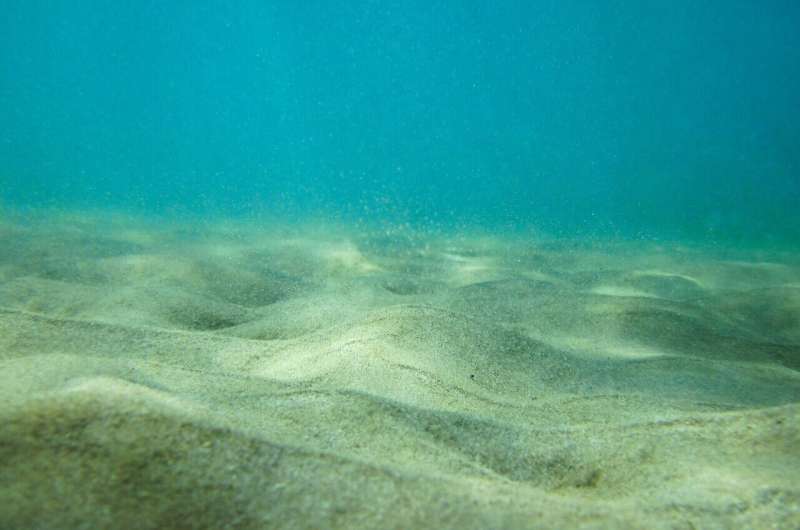Credit: Pixabay/CC0 Public Domain
As investors set their sights on the mineral resources of the deep seabed, the International Seabed Authority (ISA) is developing regulations that will govern their future exploration and possible exploitation. A new IASS Policy Brief, published in cooperation with the Federal Environment Agency (UBA), presents three recommendations to ensure that future deep seabed mining would be to the common benefit all humankind, as required by international law.
The ecosystems of the deep ocean are complex and provide a wide range of benefits to humankind. Oceans soak up carbon dioxide and act as a natural buffer to global warming in addition to regulating the climate and serving as an important source of food. Yet our knowledge of these vast and remote regions is limited. The authors of this new IASS Policy Brief call on policymakers to adopt a highly cautious and considered approach before approving potentially harmful activities such as deep seabed mining. All potential costs and risks to living and future generations must be considered, the authors argue.
The International Seabed Authority is currently developing regulations to govern the exploration and exploitation of the mineral resources of the international seabed (known as "the Area"). This governance framework will include a so-called 'financial mechanism' for the distribution of any benefits that might arise from seafloor mineral exploitation, as required by the UN Convention of the Law of the Sea (UNCLOS). The current proposal for this mechanism focuses substantially on the financial burden facing contractors and fails to adequately consider the potential environmental and socio-economic harms.
The IASS Policy Brief "A Comprehensive Approach to the Payment Mechanism for Deep Seabed Mining" offers three messages to guide the development of the financial mechanism towards a more sustainable outcome and ensure that any revenues from deep-sea mining are managed on behalf of humankind as a whole:
- Reflect the risks to the deep-sea environment. The deep ocean is a complex environment that provides numerous ecosystem services. A holistic accounting system based on true cost and natural wealth is needed to capture impacts on ecosystem resilience and identify any potential financial benefits. The financial mechanism should reflect all costs and risks associated with mining in the Area.
- Be inclusive of stakeholder interests. The payment regime must be designed with foresight and be sufficiently responsive to the concerns and priorities of diverse stakeholders, including indigenous and civil society actors as well as future generations.
- Deliver optimal returns to Humankind. The payment regime needs to be designed with the interests of Humankind, and in particular of developing countries rather than contractors at its center. Ensuring optimal returns requires a financial model that delivers best possible cost structures and timing.
More information: Thiele T., Damian H.-P., Singh P.: A Comprehensive Approach to the Payment Mechanism for Deep Seabed Mining, IASS Policy Brief (January 2021), Potsdam, DOI: 10.48440/iass.2021.004
Provided by Institute for Advanced Sustainability Studies e.V. (IASS)
























